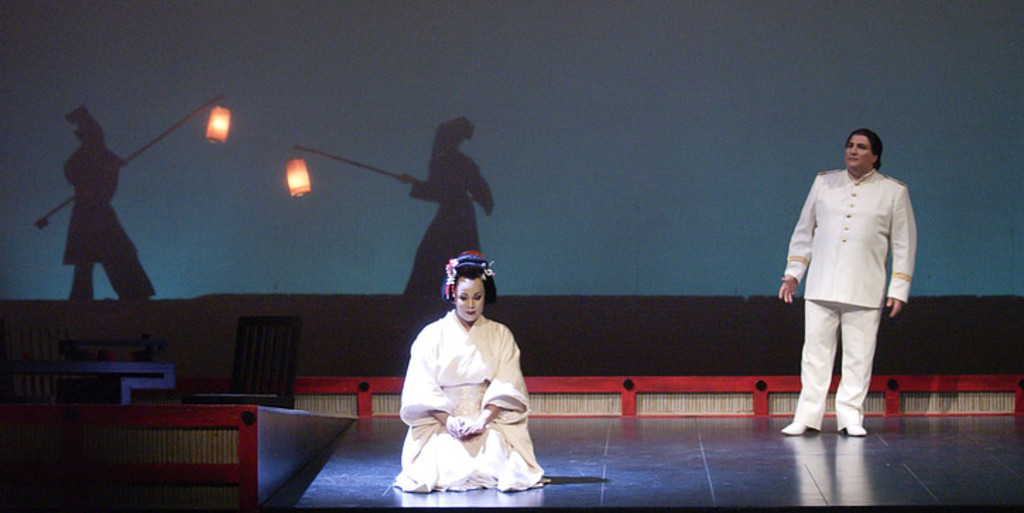

The history of the opera Madama Butterfly based on a work by the writer Pierre Loti, madly in love with Euskal Herria is not well known. This is Madame Chrysanthème. It has a similar argument, although Loti's original has a happy ending and in the case of Puccini the story takes a tragic turn.
Nor is it known that, despite being one of the favorite works of the public, its premiere was not very fortunate. The staging of February 17, 1904, at the Teatro alla Scala, was a failure. This forced Puccini to withdraw the work and undergo several revisions. The premiere in Paris on 28 December 1906 can be considered final.
On the other hand, the execution of this work had a sad path. Changes occurred during the three years that the composition of Madama Butterfly lasted. If the 25th of February 1903 were not by car accident with one of the first Italian cars owned by the master, it would have taken less time. The problems with his wife, Elvira, and the discrepancies with the libretists Giuseppe Giacosa and Luigi Illica and the editor Giulio Ricordi did not collaborate. However, this work is a landmark in the twentieth century operatic repertoire.
The version offered by the ABAO in the Euskalduna Palace was simple, in the best sense of the word, without staging complications. And most importantly, the voice, we could say that the work was solved correctly, but there was no brightness.
The tenor Sergio Escobar surely did not have his best day, or perhaps the role of Pinkerton is not the one that best suits his instrument. But the truth is, he didn't convince the public. It is also possible that the excess volume of the orchestra forces the singer to force his voice, which causes a more severe emission of the tenor than normal. As for the Italian soprano María Agresta, he had the opportunity to show his strong and voluminous voice, with moments of great beauty such as Un bel di vedremo, aria of the second edition. However, the lack of fineness of the orchestral batuta or the more or less gray tone of the representation could influence and Agresta did not achieve the expected brightness.